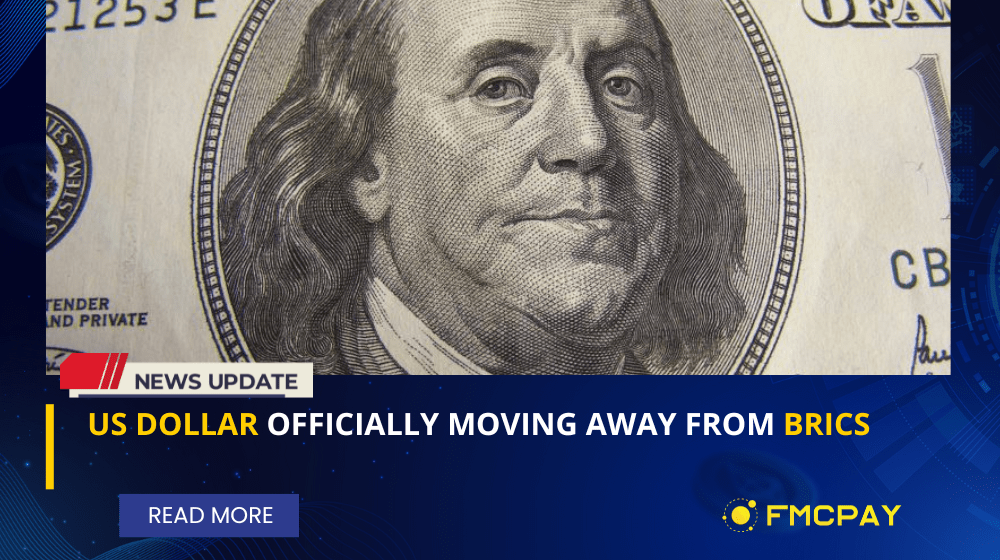As per the statement from the President of Brazil, the BRICS economic coalition is formally moving away from utilizing the US dollar for trade settlements. This decision is in line with ongoing endeavors within the group to reduce reliance on the dollar and encourage the use of their own currencies in global transactions.
President Luiz Inacio Lula Da Silva of Brazil affirmed this decision during the recent BRICS Summit. The alliance also revealed its intention to grow, aiming to include six more nations by the year 2024, which will lead to a shift in the geopolitical landscape.
BRICS Officially Moving Away From US Dollar for Trade
The much-awaited BRICS summit took place this week, drawing global attention, particularly from the geopolitical arena, eager to discern its outcomes. The discussions centered around the advancement of local currencies and the prospect of expansion.
In a significant development following the earlier expansion announcement, the BRICS nations have now formally decided to discontinue the use of the US dollar for trade settlements. This decision aligns with the economic strategies the coalition had been poised to adopt and has been verified by the President of Brazil. This move is expected to wield a noticeable influence on the performance of the US dollar in the coming months.
During the recent BRICS summit, Brazilian President Lula da Silva introduced the proposal, suggesting the abandonment of the US dollar for trade settlements. Furthermore, he advocated for the ongoing development of a BRICS currency. His rationale for this move was to enhance “payment options and reduce our vulnerability,” as he articulated to the summit participants.
The push to move away from using the US dollar in international trade has been a consistent stance. However, the entry of nations like Saudi Arabia, the United Arab Emirates (UAE), and Iran into this shift adds greater significance to its implications. As these countries, known for substantial oil sales, begin to transition away from conducting their transactions in US dollars, the resulting geopolitical consequences are expected to be unmistakably noteworthy.

